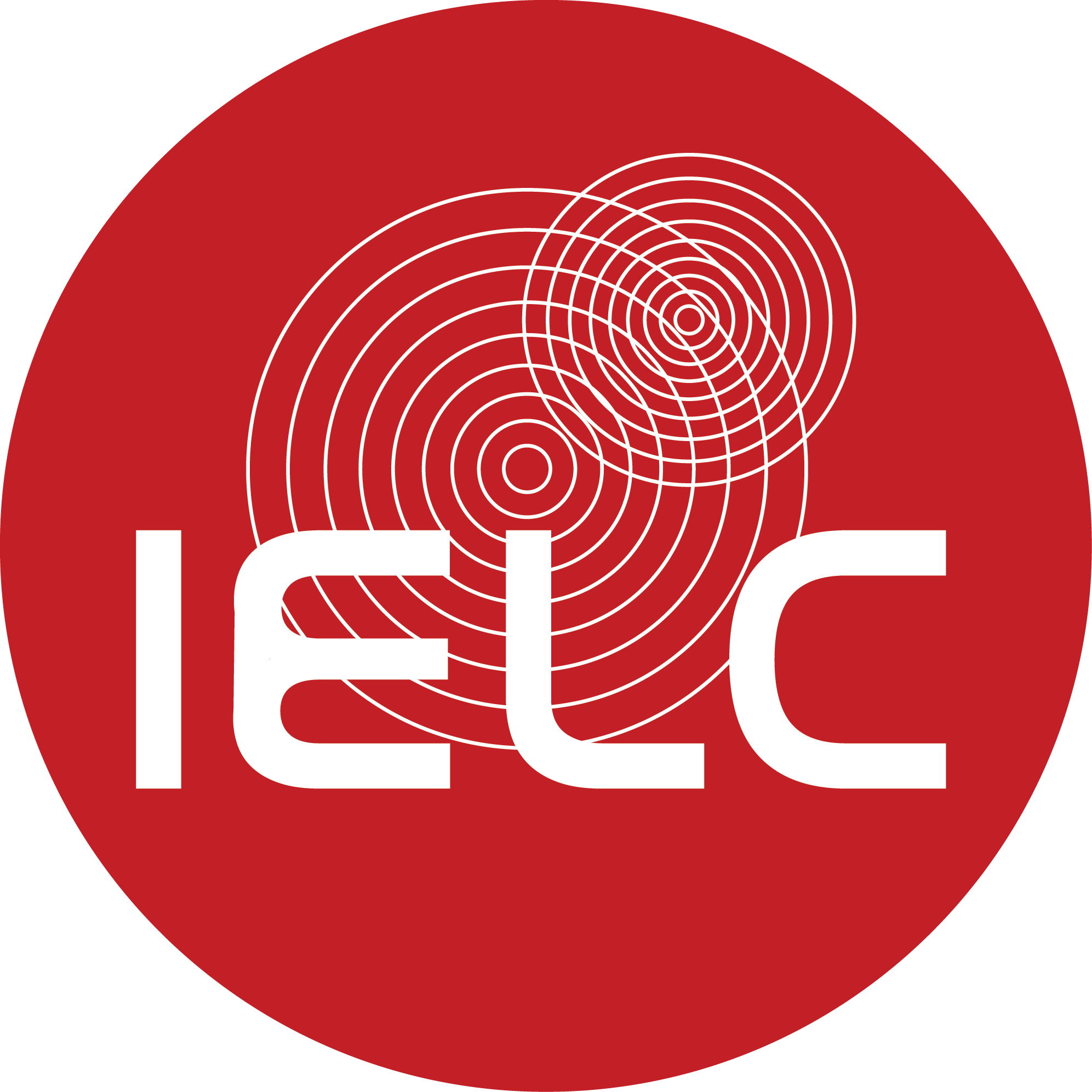| Special Journal Issue Teacher Emotions Matter: Nature, Antecedents, and Effects |
|||||||
|---|---|---|---|---|---|---|---|
Theme |
Teacher Emotions Matter: Nature, Antecedents, and Effects Despite the increasing recognition of teacher emotions' importance in various aspects of education, research to date has underplayed this important aspect for a long time. It is becoming progressively apparent that teachers are ill-prepared and insufficiently supported by initial teacher education and professional training programs that aim at regulating the emotional aspects of their work and themselves. Hence, the research field on teacher emotion is still in its early developmental stage. The currently available empirical work has identified a limited range of research foci, a lack of integrating different research methodologies, and an imbalance of the methodology in use. Therefore, comprehensive approaches are urgently needed to bridge the gap between traditional research on teacher development focusing on rational factors, and the emerging educational research field on emotions. The use of these approaches is critical for the integration of findings that can be used by educational practitioners. This Research Topic aims to further our theoretical and practical knowledge of teacher emotions. The three following themes are of particular interest for this collection: • nature of teacher emotion • antecedents of teacher emotion • effects of teacher emotion. |
 |
|||||
Issue Editors |
 |
Dr Junjun Chen Research Fellow and Research Co-ordinator Asia Pacific Centre for Leadership and Change The Education University of Hong Kong, China |
 |
Dr Yin Hongbiao Professor The Chinese University of Hong Kong Research Fellow Asia Pacific Centre for Leadership and Change The Education University of Hong Kong, China |
 |
Dr Anne Christiane Frenzel Professor Ludwig Maximilian University of Munich Munich, Germany |
|
| Contributors | Dr Junjun Chen
|
||||||
|
|||||||
|
|||||||
|
|||||||
|
|||||||
|
|||||||
|
|||||||
|
|||||||
|
|||||||
|
|||||||
|
|||||||
|
|||||||
|
|||||||
|
|||||||
|
|||||||
|
|||||||
|
|||||||

